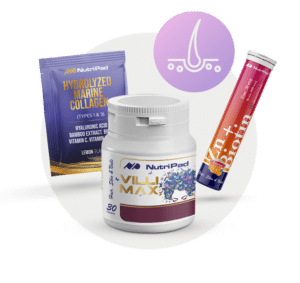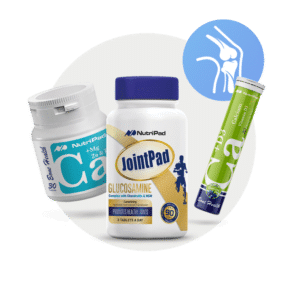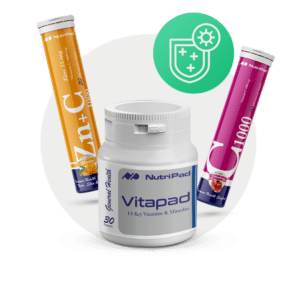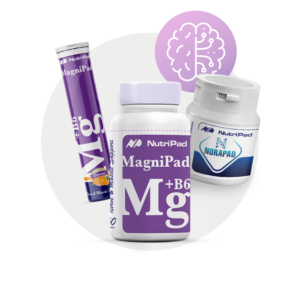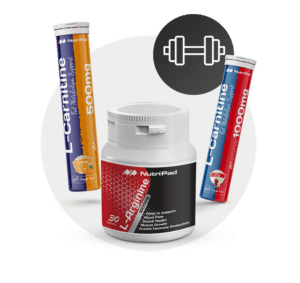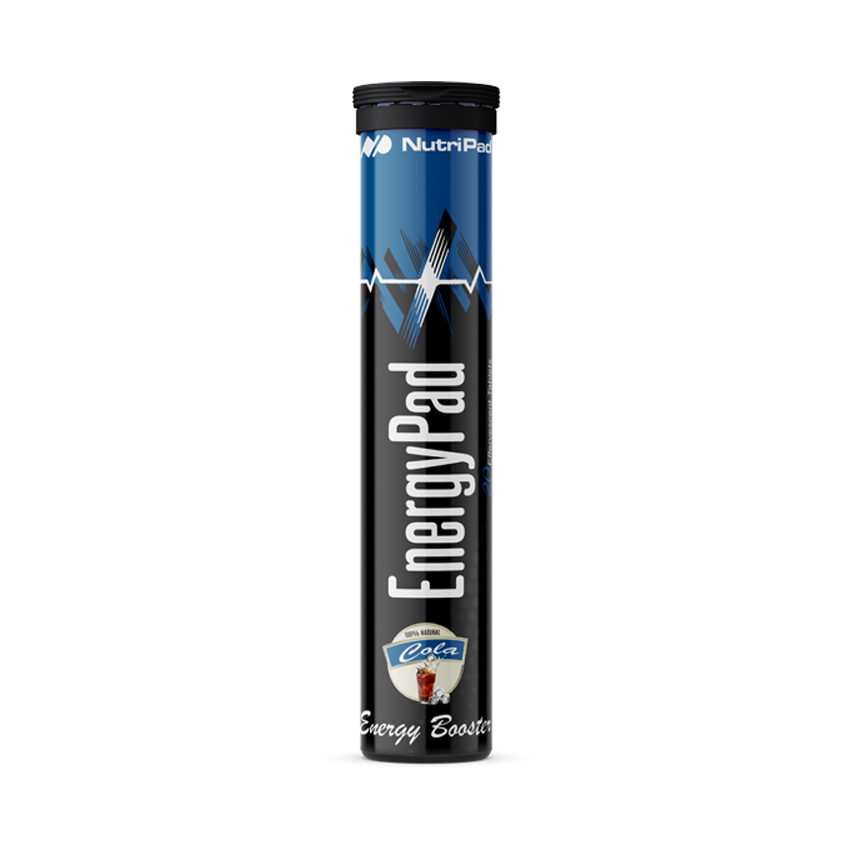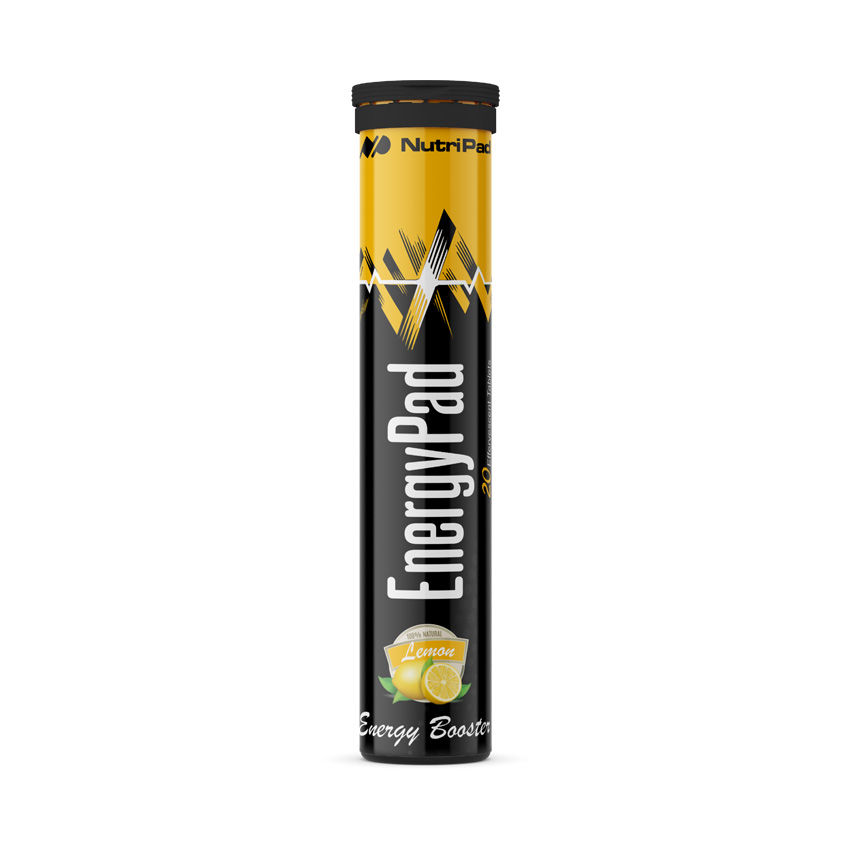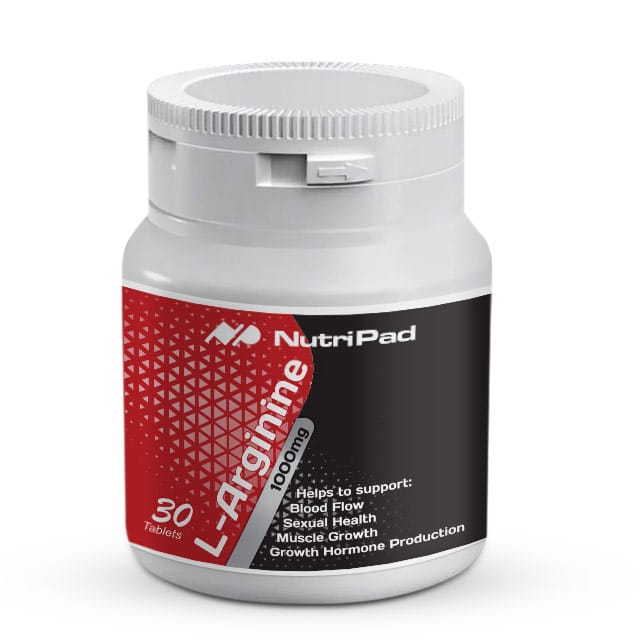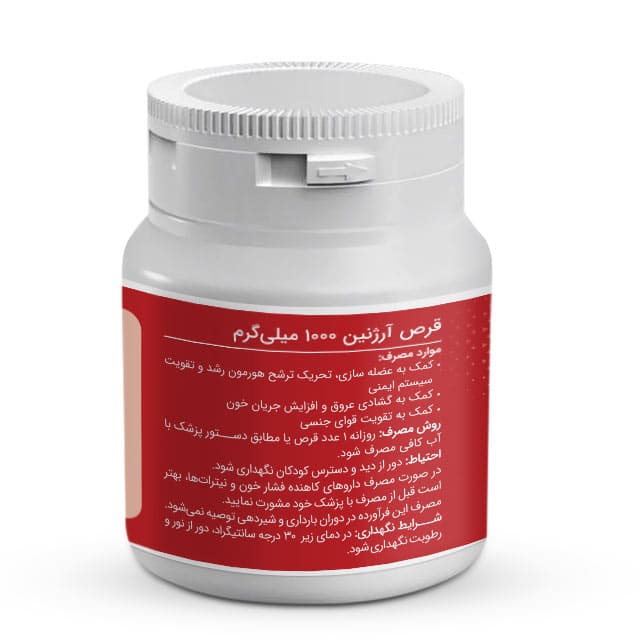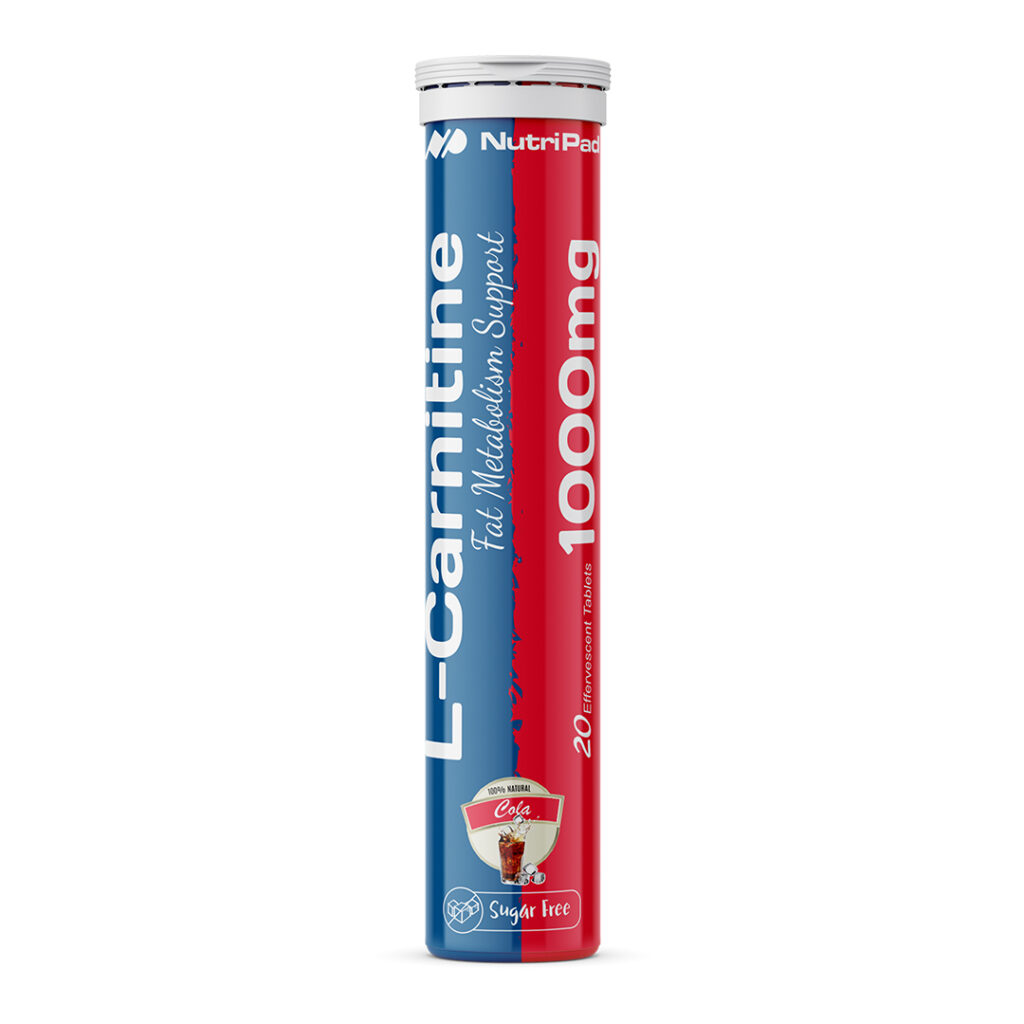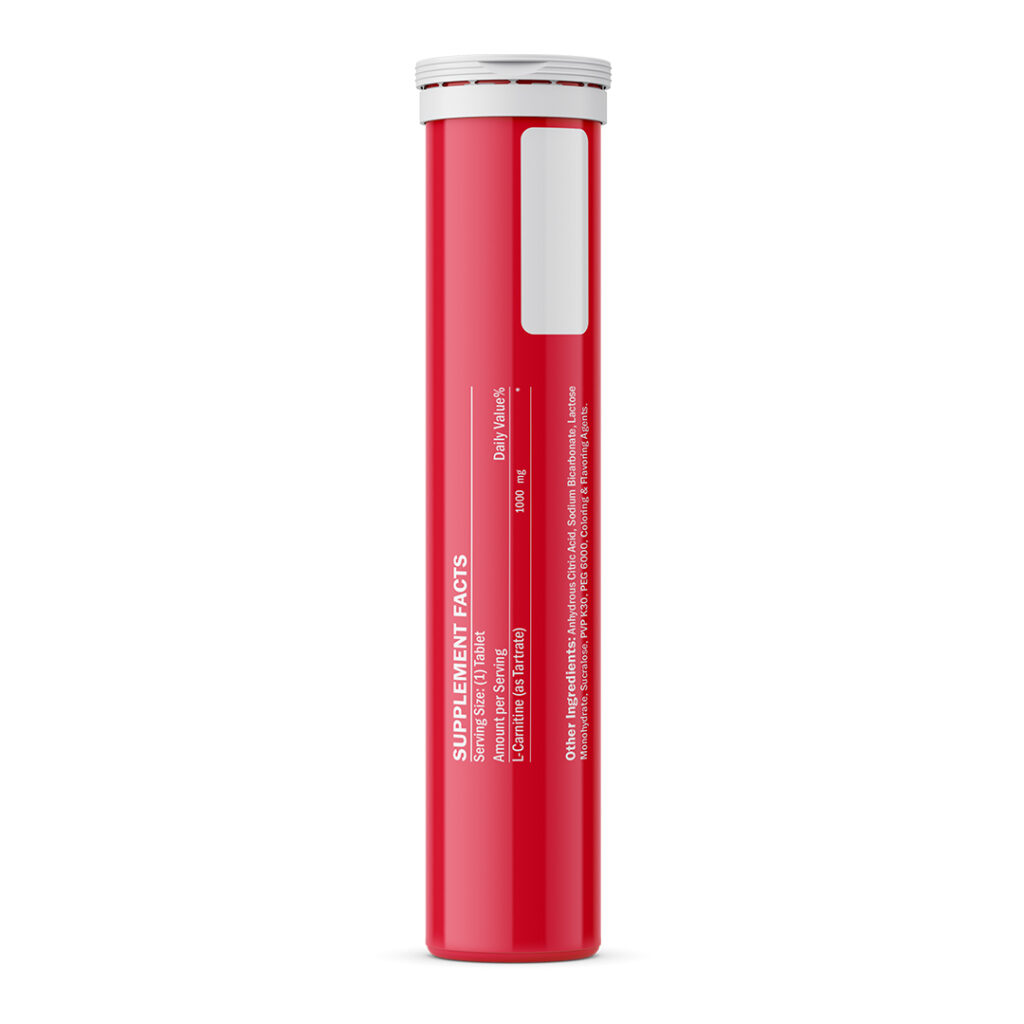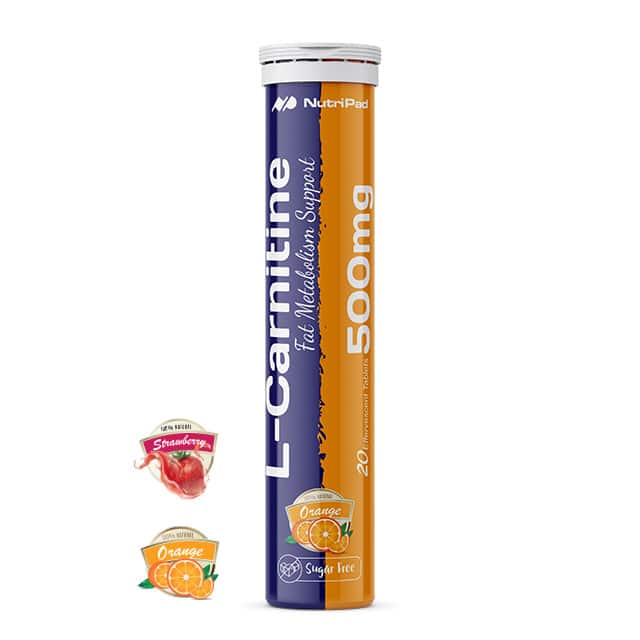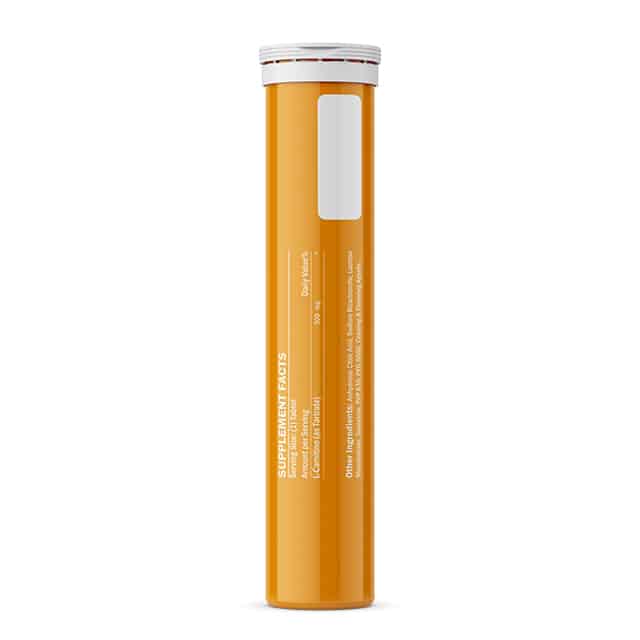Supplements for athletes and bodybuilders
In recent years, the effect of a healthy lifestyle especially exercise has been emphasized more and more. Every day more and more people try to make sports as a fixed part of their life. Meanwhile, some people follow sports more seriously or professionally. This category may exercise for bodybuilding, fitness or increasing strength in endurance. Many athletes may benefit from nutritional supplements along with an appropriate diet to facilitate reaching their goals. In all these cases, supplements should be used relying on sufficient and valid knowledge so that the person is protected from possible side effects and gets the maximum benefit from the use of supplements. Some of the supplements that are commonly used by athletes or for the purpose of weight correction are: vitamins, minerals, carnitine, arginine, protein, creatine, energy compounds and caffeine. Supplements can be useful in certain situations, such as when there is a restriction on food intake, or when doing heavier training.
Unfortunately, these supplements are usually used without proper evaluation of possible benefits and side effects and without consulting qualified nutritionists or doctors.
It should be noted that vitamins and minerals, also called micronutrients, are necessary for many processes in the body, including the conversion of food into energy and the health of bones and muscles. Supplements may also play a role in increasing athletic performance or in faster repair and recovery after exercise.
Why are group B vitamins important for athletes?
– The most significant role of group B vitamins is releasing energy and metabolizing carbohydrates, fats and proteins. Athletes need a higher level of energy than the general population. For this reason, their need for group B vitamins increases. Vitamins needed in blood formation are also of importance for athletes. Vitamins B12, B6 and folic acid are B vitamins that play a role in hematopoiesis. Meanwhile, vitamin B12 is exclusively found in animal food sources such as meat, liver, fish, dairy products, eggs, etc. For this reason, people who adopt a vegetarian diet or do not get enough meat and other animal food sources may suffer from vitamin B12 deficiency after a while.
- NutriPad zinc plus group B vitamins and vitamin C tablets contain the right amount of group B vitamins. In addition, it has 100% of the required zinc and vitamin C for the body.
- NutriPad B complex tablets: this product contains group B vitamins in amounts equal to the minimum daily requirement. This product has the advantage that it will lead to less increase in appetite (suitable for people who are worried about increased appetite and weight gain)
- NoraPad tablet is another product of NutriPad that is the oral equivalent of Neurobion ampoule and contains a high dose of vitamins B1, B12 and B6. NoraPad is powerful in solving the possible deficiency related to these vitamins. In fact, by using NoraPad oral tablets, you can benefit from the benefits of Neurobion ampoule without having to endure the pain of injection. This product is appropriate for athletes who need a high dose of vitamins B1, B6 and B12. The increase in appetite and energy from taking the NoraPad tablets is significant.
Why is vitamin D important for athletes?
- In general, vitamin D is one of the most essential vitamins and in recent years, important roles have been listed for it. In fact, vitamin D should be considered more than a vitamin, but a hormone that has very important regulatory roles.
- In athletes, vitamin D reduces the possibility of injury during exercise by helping bone health and increasing muscle resistance. Vitamin D intake is especially important for athletes who do a lot of stretching.
- NutriPad daily multivitamin tablets, NutriPad Calcium-D tablets and NutriPad calcium plus magnesium and zinc and vitamin D tablets contain this important vitamin. NutriPad Vitamin D Plus Vitamin K1 and K2 tablets are another valuable product that contains vitamin D.
What is the importance of having sufficient iron levels in athletes?
- Iron, along with vitamin B12 and folic acid, is one of the most essential substances necessary for blood formation. In addition to the high prevalence of iron deficiency in athletes, especially females, iron deficiency can lead to poor performance in those affected. It can cause a decrease in energy and endurance in sports. It is better to consult a doctor before taking iron supplements. If you have a severe deficiency in iron, you may need to take higher doses or iron injections.
- NutriPad multivitamins plus mineral tablets contain 18 milligrams of iron (equivalent to equivalent to the RDA of iron).
Why is magnesium important for athletes?
- All body cells need magnesium. 30% of magnesium is used in muscles. Magnesium deficiency is very prevalent. A study conducted in the US revealed that 30-50% of the population suffered from some degree of magnesium deficiency. Magnesium is essential for normal muscle function. Magnesium supplements are also used to relieve muscle spasms. Magnesium also has a regulatory role over other electrolytes like calcium and potassium. Magnesium helps to produce energy and strengthen muscles by reducing lactate levels. Our body needs 300-400 mg of magnesium daily. If we don’t get the required magnesium through diet, it is appropriate to use magnesium supplements to prevent possible deficiency related to this vital metal ion in the body.
- NutriPad magnesium-B6 oral tablets contain magnesium citrate. Magnesium citrate is better absorbed than other magnesium salts. Magnesium citrate in this product is combined with vitamin B6, which helps to improve its effectiveness.
- Magnesium B-6 effervescent NutriPad is another product that benefits from the unique taste of effervescent NutriPad tablets. In this product, magnesium oxide salt is used. The amount of elemental magnesium in this product is higher than that of magnesium B6 tablets.
What foods contain magnesium?
Magnesium is abundantly found in nuts, chocolate, sunflower seeds, cashews and oats.
Is taking calcium important in athletes?
– Calcium is responsible for maintaining the health of muscles and bones and helps to preserve muscle mass in athletes, reduce the possibility of injury and prevent bone fractures. Calcium, like magnesium, plays an essential role in the functioning of nerves and muscles. Our body needs 1000-1200 mg of calcium daily.
What foods contain calcium?
Milk and dairy products, broccoli, turnips and almonds are rich in calcium.
Proper management of calcium in the body requires the presence of what other vitamins and minerals in the body?
– Managing calcium in the body requires a sufficient level of vitamin D. In recent years, the role of vitamin K2 in the metabolism of calcium in the body has been elucidated. Magnesium and zinc are two metal ions that are necessary for the proper effectiveness of calcium. In some supplements, these vitamins and minerals are combined in one product.
- NutriPad Calcium-D and NutriPad Calcium-Magnesium-Zinc-Vitamin D are introduced in simple oral and oral effervescent forms and can help provide the calcium required for athletes.
What are the benefits of using protein supplements for athletes?
- One of the most popular supplements used by athletes is proteins. Taking protein supplements helps to gain muscle mass and faster repair and recovery after exercise. In general, athletes need more protein than other people. Collagen supplements can also be used as a source of protein by athletes. In addition to helping provide the body with protein, collagen supplements benefit skin, hair and nails.
- NutriPad collagen sachets each contain 5 grams of hydrolyzed marine collagen. NutriPad collagen comes with vitamin C, vitamin E, Zinc, Biotin and Bamboo extract and produces the benefits of these components at the same time.
- Oral collagen capsules also contain 2 grams of hydrolyzed marine collagen. Vitamin C is also present in this product. Ease of use is the main advantage of these capsules.
What is the importance of using vitamin C in athletes?
- Vitamin C boosts the immune system and protects against free radicals produced after exercise. Vitamin C reduces oxidative stress in the body and helps to repair tissues and muscles and faster recovery after sports injuries. Vitamin C is necessary for collagen synthesis. It enhances the absorption of iron, which is very important for athletes.
- NutriPad Vitamin C tablets are produced as swallowable, chewable and effervescent tablets. It is introduced in strengths of 500 mg and 1000 mg and various attractive flavours. In addition to the known beneficial effects of vitamin C as an immune-boosting supplement, it also aids in collagen production and iron absorption.
What is the purpose of using creatine in athletes?
- Creatine phosphate is one of the energy sources for muscle cells. It is essential in speed-strength sports and increases the capacity to perform heavier exercises. During activity, this cellular fuel is quickly consumed in the body. Creatine supplements give the body more energy, which helps to build more muscles.
Is taking caffeine advantageous for athletes?
- Caffeine is not usually mentioned as a supplement, but due to its energy-generating properties, it is considered as part of the diet of athletes. A maximum daily intake of 300-400 mg of caffeine per day is safe. Caffeine has stimulating effects on the cardiovascular and respiratory systems and improves exercise capacity and endurance. Caffeine also increases metabolism in the body and may be used in weight loss diets.
What are the side effects of taking too much caffeine?
Heart palpitations and hand tremors are side effects of taking excessive caffeine. In more severe cases, cardiac arrhythmia is also possible with a large amount of caffeine. To prevent such side effects, take less caffeine within the permissible limit.
What are the benefits of Omega 3 in athletes?
- Omega-3 has established anti-inflammatory effects. Omega-3 fatty acids help to improve the condition of muscles and reduce inflammation. It provides better blood supply by increasing blood flow to the tissues. Foods such as fish and eggs are rich in omega-3.
Do all athletes need vitamin and mineral supplements?
- Athletes who are professional and participate in competitions, as well as those who are deficient in certain vitamins or minerals, need vitamin and mineral supplements. Despite the fact that athletes are usually considered as the image of health by the people of the society, there is a possibility that they become deficient in vitamins and minerals due to the increase in their body’s need for nutrients. This is especially true in athletes who focus on weight loss.
What are the most common deficiencies of vitamins and minerals in athletes?
- Some of the most common vitamin and mineral deficiencies in athletes include:
- Calcium deficiency: in athletes, heavy training and especially heavy sweating increases the body’s need for calcium.
- Vitamin D deficiency: In addition to being necessary for calcium absorption, vitamin D plays an essential role in the health of the immune system, and since it is made in the body through sunlight exposure, the lack of this vitamin is common in athletes, especially those exercise in indoor gyms.
- Iron deficiency: Iron deficiency is common among female athletes. It causes fatigue and poor performance.
- Magnesium deficiency: sports activities increase the body’s need for magnesium by 20%. On the other hand, magnesium helps to relieve muscle fatigue and reduces muscle pain after exercise.
- Potassium deficiency: Potassium is one of the most vital electrolytes in the body. Athletes’ are more vulnerable to potassium deficiency due to the loss of electrolytes through sweating. Lack of potassium leads to cramps, muscle weakness and changes in heart rhythm after exercise.
Does exercise cause vitamin deficiency?
- When it comes to water-soluble vitamins, sweating is considered a threat. During heavy exercise, sweating, in addition to the excretion of electrolytes such as potassium, leads to the excretion of vitamins such as B, C and some minerals. This situation is worrying because these vitamins are vital in energy production, waste removal, and muscle growth and repair.
What are the essential vitamins for strengthening the muscles of athletes?
- Some vitamins that help strengthen athletes include:
- Vitamin D
- Vitamin C
- B group vitamins, especially B12, B6, folic acid and thiamine
- Vitamin E
- Vitamin A
Which vitamins and minerals help fat burning?
- Fat burning and weight loss are not easily possible by taking a few pills, although some vitamins and minerals help the body function better during the fat-burning period. Some of these vitamins and minerals include:
- Group B vitamins
- Vitamin D
- Iron
- Magnesium
- NutriPad daily multivitamin tablets and Nutripod mineral multivitamin tablets can meet the need for these vitamins and minerals.
What is L-carnitine? What are the risk factors for carnitine deficiency?
- L-carnitine is an amino acid obtained from proteins in the body. The elderly may have difficulty digesting and absorbing proteins. For this reason, they are more likely to have L-carnitine deficiency. L-carnitine is made in the liver, kidneys and brain, and those with kidney or liver failure are prone to L-carnitine deficiency.
What is the role of L-carnitine in the body?
– The required energy of the cells is produced in the intracellular organelles called mitochondria. Mitochondria are the energy factories of our body. Most cells in the body have between 500 and 2000 mitochondria. But in the more active cells, this number is higher. For example, heart cells have up to 5,000 mitochondria in each cell. Glucose is used in the mitochondria to produce energy. The result of intracellular reactions in this organelle is ATP (adenosine triphosphate) production. ATP is used as a universal source of energy for various vital activities.
– Besides glucose and carbohydrates, our body can use other substances like fat to produce energy. One role of L-carnitine is the ability to transport fat into the mitochondria for energy production. L-carnitine also removes some substances from the energy production from fats from the mitochondria.
Considering the role of L-carnitine in the body, what are the benefits of L-carnitine?
– Due to the role of L-carnitine in energy production in the body, it is necessary for endurance during exercise and consuming fats as fuel. Unlike skeletal muscles, our heart muscles do not have glycogen stores to convert into glucose. But instead, the heart is interested in using fatty acids as an energy source. Fatty acids are obtained from the metabolism and breakdown of fats. L-carnitine is necessary for the transport of fatty acids into the mitochondria. As a result, L-carnitine is essential for optimal heart health and function.
Are there any other advantages of L-carnitine besides being used in sports and helping to burn fats?
- Due to the role of L-carnitine in the metabolism of body fats, there is a possibility of improving hyperlipidemia (increased blood fat) by taking L-carnitine.
- In men, taking L-carnitine may be effective in improving the number and motility of sperm and treating infertility. (The need for energy in sperm is high). Therefore, L-carnitine may be used alone or with other vitamins and minerals in supplements used in infertility. L-carnitine is also advantageous in treating some forms of infertility in women.
- Another finding is that disruption of energy production in nerve cells plays a role in the pathophysiology of diabetic neuropathy (nerve pain caused by diabetes). As a result, L-carnitine can improve or prevent diabetic neuropathy.
- L-carnitine can also alleviate the symptoms of heart failure or angina pectoris.
- NutriPad L-carnitine effervescent tablets in 500 and 1000 mg strengths can meet the needs of this widely used supplement for athletes, people seeking weight control and other people who need L-carnitine.
What is L-arginine? What food sources are rich in L-argnine?
- L-arginine is an amino acid. This amino acid is obtained from the diet and is necessary for the protein synthesis. Red meat, poultry, fish and dairy products are rich in L-arginine. L-arginine may be made synthetically and used as a medicine or supplement.
What does L-arginine do in the body?
L-arginine is converted into a chemical called nitric oxide in the body. Nitric oxide dilates blood vessels and improves blood flow. L-arginine also causes the release of growth hormones and insulin.
Considering the effects of L-arginine on the body, what is the use of L-arginine supplements for athletes?
- L-arginine is used to improve athletic performance. Also, due to the ease of conversion of L-arginine into other amino acids, L-arginine facilitates recovery and repair of damaged muscles and tissues after exercise.
Are there any other uses and effects for L-arginine besides the use for athletes?
- Another use of L-arginine is to help with erectile dysfunction (hardening of the penis) in men. L-arginine helps to solve this problem with the help of vasodilating effects.
- L-arginine has been used in angina pectoris, peripheral arterial disease (narrowing of blood vessels that causes poor blood flow in the organs) and high blood pressure.
- Pre-eclampsia (a complication of pregnancy characterized by high blood pressure and proteinuria (the presence of protein in the urine) and high blood pressure during pregnancy are other problems for which L-arginine is used.
- L-arginine may be helpful in other conditions, including improving diabetes control, helping to treat male infertility, migraines, obesity and helping to reduce waist circumference (especially in women), improving baby weight gain when used during pregnancy, improving physical performance in the elderly, polycystic ovary syndrome (PCO), children’s growth, bedsores, prevention of colds and finally skin inflammations caused by radiation therapy.
– 500 and 1000 mg L-arginine NutriPad oral tablets using high-quality raw materials (made in Germany) can meet the needs of athletes and other users of this supplement.
Answers to some frequently asked questions about L-arginine:
Does taking L-arginine oral tablets cause adverse side effects?
– Oral arginine in recommended doses is safe and usually does not cause side effects. At the same time, bloating and abdominal pains, diarrhoea, allergic reactions, exacerbation of asthma, gout and low blood pressure are among the complications that a few people who take arginine may experience.
Is there any clinically significant drug interaction between L-arginine and other medicines?
- L-arginine increases the effect of a group of heart medications called “nitrates” and at the same time, side effects of this group of medications like headache or lightheadedness may increase. On the other hand, this interaction may be useful in heart patients who have resistance to the effect of these drugs or the so-called tolerance to the therapeutic effect of nitrates.
Is it safe to take L-arginine oral tablets during pregnancy and breastfeeding?
- It is safe to take L-arginine in short periods during pregnancy and breastfeeding. The safety of long-term use during pregnancy has not yet been proven and it is better to be cautious.




